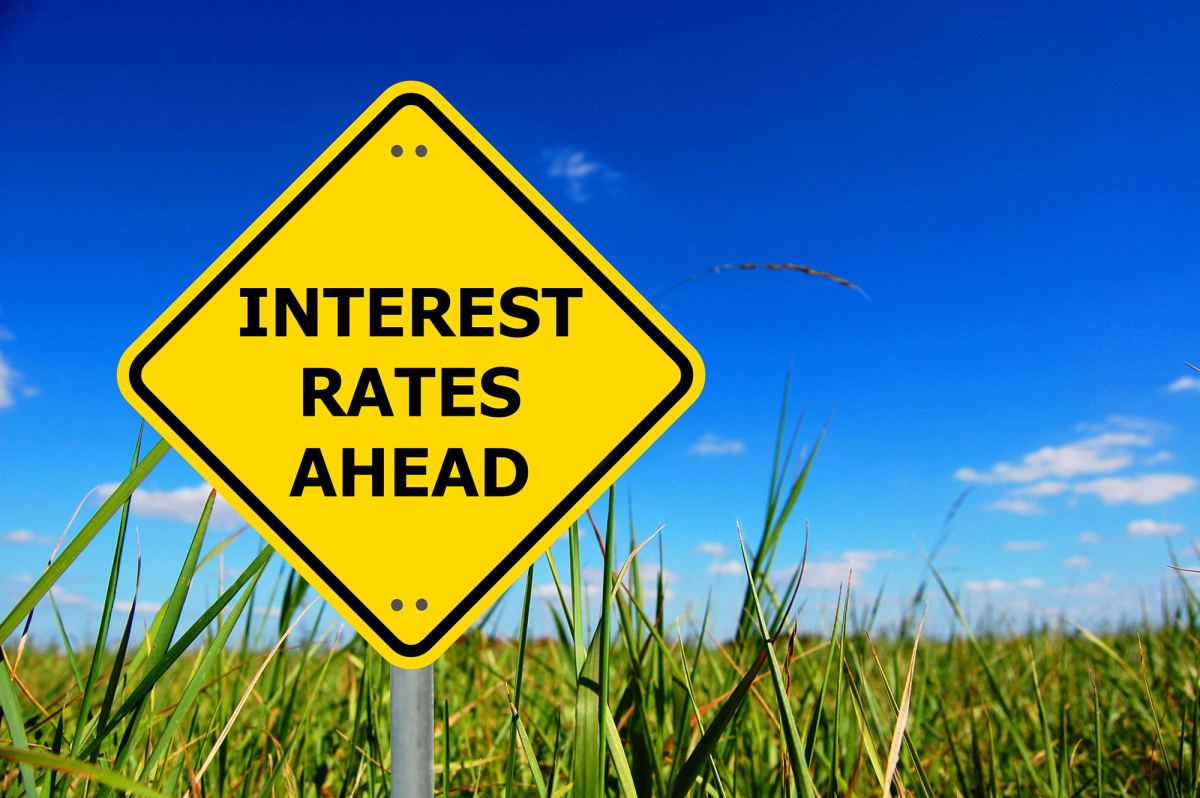Many commentators (ourselves included) have been cooling on the bull market in bonds for some years now. Just to be clear, a bond bull market is when interest rates, or the yields on fixed interest investments, fall. As yields fall, the value of bonds goes up. As any investor with fixed interest investments will know, there has been lots of money made out of bonds over many years as interest rates have continued to fall - some even falling into negative territory (where investors pay for the privilege of having their money in "safe" bonds!). Bonds tend to perform best in negative conditions, such as when there is recession or deflation.
The bond bull market has continued even as the business cycle has ebbed and flowed, hence some of us suggesting that bonds are overvalued. Perhaps it has made sense for yields to continue to fall in Europe, because the Europeans are taking the longest to emerge from recessionary conditions; but the strong bond market in other countries hasn't been as easy to understand.
In the last week of April, it looked like the turning point might have arrived. First off, there was a pronounced rise in German bund yields. This led to other global bond yields also rising. Then there were some pronouncements from well-known bond experts saying that this was the beginning of the end. It even flowed through to Australian banking stocks, whose shares pay attractive dividends, and have benefited strongly from low bond yields. They fell some 5% in just two days.
Whether or not this is a turning point, investors should prepare themselves for less attractive returns than they have been used to. For bonds, the ideal (negative) economic conditions for them are not as prevalent right now and central banks are unlikely to be as quick to underwrite them as they have in the past. That is not to say that the bond market will "crash". As one commentator said this week, bond bull markets tend to end gradually, and then suddenly. Last week might well have been the suddenly.
